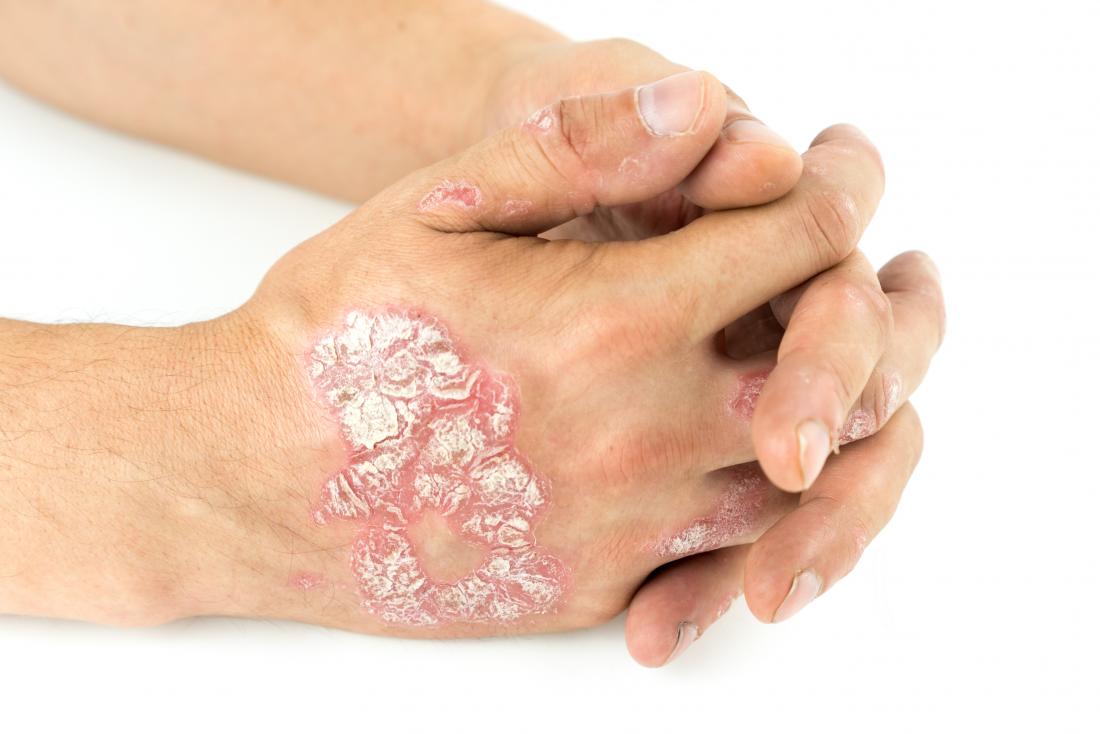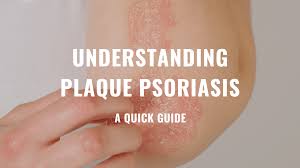Uncomfortable itching and discomfort are symptoms of the autoimmune skin disorder psoriasis. The type of plaque psoriasis is the most prevalent. Skin that is thick and scaly is the result. Psoriasis treatment can help manage symptoms even though there is no cure. For psoriasis, your doctor might suggest certain lotions or ointments. Fuse Infusion can help you in treating psoriasis through biologic infusion therapy in a safe and secure setting.
What is Psoriasis?
Psoriasis is a non-contagious, chronic autoimmune disease that primarily affects the skin. It occurs when the immune system mistakenly triggers an overproduction of skin cells, leading to their rapid buildup on the surface. The excess skin cells form raised, red, scaly patches, known as plaques, which can be itchy, painful, and prone to cracking or bleeding.
Psoriasis Symptoms
The symptoms of psoriasis can vary in severity and presentation. Common symptoms include:
- Red, raised patches of skin covered with silvery scales.
- Dry, cracked, or bleeding skin.
- Itching, burning, or soreness in the affected areas.
- Thickened, pitted, or ridged nails.
- Stiff, swollen joints in some cases (psoriatic arthritis).

Psoriasis Causes
The exact cause of psoriasis is still not fully understood, but it is believed to result from a combination of genetic and environmental factors. The immune system plays a significant role in psoriasis, as it becomes overactive and triggers the rapid turnover of skin cells. Common factors that can trigger or exacerbate psoriasis include:
- Genetic Predisposition: A family history of psoriasis increases the likelihood of developing the condition.
- Immune System Dysfunction: The immune system mistakenly attacks healthy skin cells, triggering inflammation and excessive skin cell production.
- Environmental Triggers: Certain triggers, such as stress, infections, injuries to the skin, and certain medications, can activate or worsen psoriasis symptoms.
Types of Psoriasis
Psoriasis can manifest in several different forms. The most common psoriasis types include:
- Plaque Psoriasis: This is the most common type, characterized by raised, red patches covered with silvery scales.
- Guttate Psoriasis: This type often starts in childhood or early adulthood and appears as small, dot-like lesions on the skin.
- Inverse Psoriasis: This form affects areas of skin folds, such as the armpits, groin, and under the breasts, causing smooth, red patches.
- Pustular Psoriasis: This type is characterized by white, pus-filled blisters surrounded by red skin.
- Erythrodermic Psoriasis: This is a rare and severe form of psoriasis that can cover large areas of the body with red, peeling skin.
How Biologic Infusion Therapy Helps in Treating Psoriasis?
Biologic infusion therapy has shown significant efficacy in treating psoriasis, particularly for individuals with moderate to severe forms of the condition that have not responded well to other treatment options. Here’s how biologic infusion therapy helps in treating psoriasis:
Targeted Approach
Biologic medications used in infusion therapy are specifically designed to target and inhibit specific molecules or cells involved in the inflammatory process of psoriasis. These medications, known as biologics, are derived from living cells and are administered intravenously. By targeting specific immune system proteins, such as tumor necrosis factor-alpha (TNF-alpha) or interleukins, biologics can effectively suppress the immune response that triggers psoriasis symptoms.
Reducing Inflammation
Psoriasis is characterized by chronic inflammation in the skin. Biologic infusion therapy works by modulating the immune system, reducing the inflammation associated with psoriasis.
By blocking specific pro-inflammatory proteins or receptors, biologics help calm the immune system, resulting in decreased redness, scaling, and thickness of psoriatic plaques.
Long-Lasting Effects
Biologic medications used in infusion therapy can provide longer-lasting effects compared to other treatments. Depending on the specific biologic medication, infusion therapy may be administered at regular intervals, typically every few weeks or months.
This sustained exposure to the medication helps maintain control over psoriasis symptoms for an extended period, allowing individuals to experience more prolonged periods of remission.
Improved Quality of Life
Psoriasis can significantly impact a person’s quality of life, affecting their physical, emotional, and social well-being. Biologic infusion therapy has been shown to provide substantial relief from symptoms, leading to improved quality of life for individuals living with psoriasis.
By reducing the severity of plaques, itching, and discomfort, biologics can help individuals regain confidence, participate in social activities, and improve overall psychological well-being.
Combination Therapy
Biologic infusion therapy can be used as a standalone treatment or in combination with other psoriasis therapies. Combining biologics with topical treatments, phototherapy, or systemic medications may lead to enhanced efficacy and better control of psoriasis symptoms.
Your healthcare provider will determine the most appropriate treatment plan based on the severity of your condition, medical history, and individual needs.

It’s important to note that biologic infusion therapy is a specialized treatment option that requires careful evaluation and monitoring by a healthcare professional experienced in treating psoriasis. These medications may have potential side effects, including an increased risk of infections, so close monitoring is necessary during treatment.
In conclusion, biologic infusion therapy offers a targeted and effective approach to treating psoriasis, particularly for individuals with moderate to severe forms of the condition.
By suppressing the immune response and reducing inflammation, biologics provide relief from symptoms and can significantly improve the quality of life for individuals living with psoriasis.
If you are considering biologic infusion therapy, consult with your healthcare provider to determine if it’s a suitable treatment option for you.
Contact Fuse Infusion for Psoriasis Treatment
If your doctor has recommended biological therapy treatment for psoriasis, we at Fuse Infusion offer you the best treatment services. We treat psoriasis through medications, which are specialized biologics, and help our patients in overcoming this chronic disease.
Each Fuse Infusion patient receives direct care and treatment from our licensed professionals throughout biological infusion therapy, providing thorough medical management.
From start to end, each patient receives individualized care. When required, on-call medical professionals are accessible.
At Fuse Infusion, we believe in offering premium-quality services to our patients. So, contact us to receive a biological infusion today!

